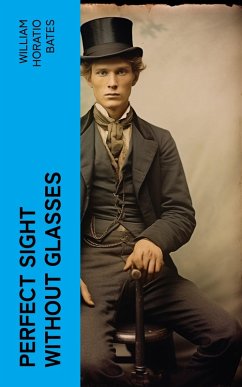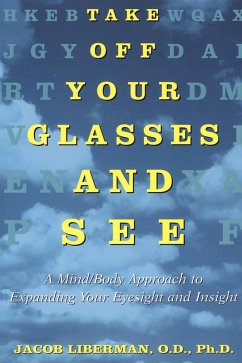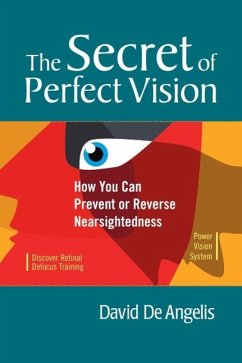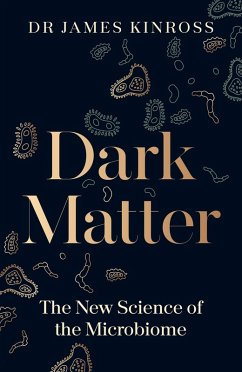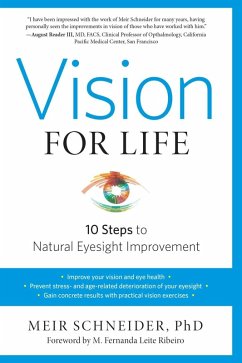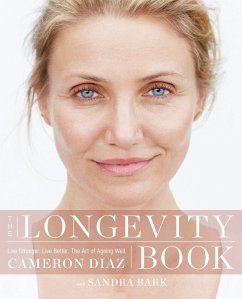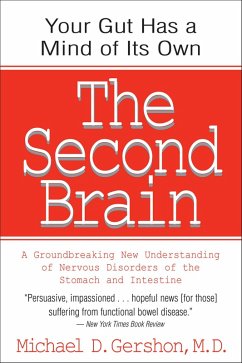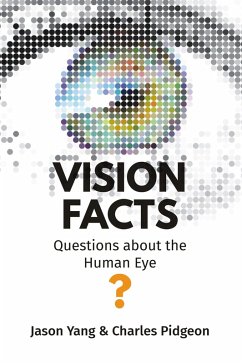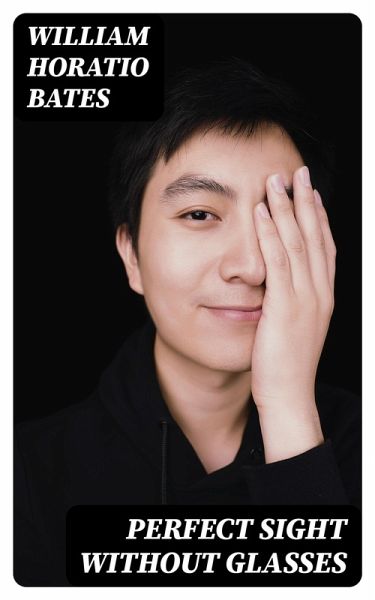
Perfect Sight Without Glasses (eBook, ePUB)
Versandkostenfrei!
Sofort per Download lieferbar
1,99 €
inkl. MwSt.
Weitere Ausgaben:

PAYBACK Punkte
0 °P sammeln!
In "Perfect Sight Without Glasses," William Horatio Bates presents a groundbreaking approach to vision correction that challenges conventional practices of the early 20th century. Bates combines anecdotal evidence, empirical observations, and visual exercises to advocate for natural methods of improving eyesight. His literary style is both accessible and instructive, merging personal narratives with scientific explanations to engage a diverse audience. The book is positioned within the broader context of alternative medicine and holistic health, questioning the reliance on spectacles and surgi...
In "Perfect Sight Without Glasses," William Horatio Bates presents a groundbreaking approach to vision correction that challenges conventional practices of the early 20th century. Bates combines anecdotal evidence, empirical observations, and visual exercises to advocate for natural methods of improving eyesight. His literary style is both accessible and instructive, merging personal narratives with scientific explanations to engage a diverse audience. The book is positioned within the broader context of alternative medicine and holistic health, questioning the reliance on spectacles and surgical interventions that dominated his era. William Horatio Bates was an ophthalmologist whose dissatisfaction with standard medical practices inspired his innovative theories on vision. Experiencing firsthand the limitations of corrective lenses, Bates sought to develop techniques that would empower individuals to restore their sight through natural habits and mental focus. His experiences as a practicing physician and educator deeply informed his belief in the connection between mind and eye, as well as the potential for intrinsic healing. "Perfect Sight Without Glasses" is an essential read for anyone intrigued by the interplay of vision and well-being. Whether you struggle with visual impairments or seek to understand Bates's alternative philosophy, this pioneering text offers valuable insights and techniques that resonate even today.
Dieser Download kann aus rechtlichen Gründen nur mit Rechnungsadresse in A, B, BG, CY, CZ, D, DK, EW, E, FIN, F, GR, H, IRL, I, LT, L, LR, M, NL, PL, P, R, S, SLO, SK ausgeliefert werden.




